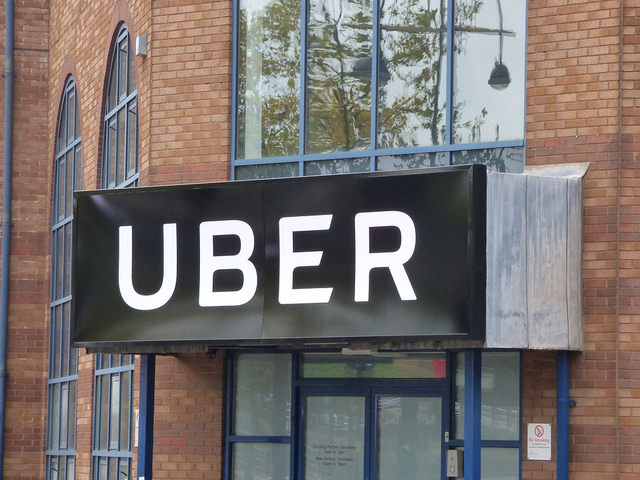 EMERGING TECH
EMERGING TECH
 EMERGING TECH
EMERGING TECH
 EMERGING TECH
EMERGING TECH
Uber Technologies Inc.’s long-awaited initial public offering is now slated for May as an unconfirmed report suggested that the ride-hailing giant will try to sell $10 billion in stock.
Reuters, quoting people familiar with the matter, said the company will float at a valuation of between $90 billion and $100 billion, making it one of the biggest technology IPOs of all time and the largest since the IPO of Alibaba Group Holding Ltd. in 2014.
Uber’s IPO valuation is ahead of the $76 billion at which it was priced as of its last round of venture capital but below expectations that it could be valued as high as $120 billion.
The report also said most of the shares on offer in the IPO will be sold by the company directly, not via its multiple investors that have invested a record $24.2 billion, according to Crunchbase.
Although the valuation is still huge, the lower figure was apparently selected based on how the market responded to the IPO of Uber’s main rival Lyft Inc. late last month. Arguably representing how investors see massive loss-making unicorns, Lyft popped on debut but then saw its share price drop below its IPO price on its second day of trading.
Lyft’s share price only temporarily recovered in between accusations of market manipulation, but as of the close of trading today, it was sitting at $67.44, nearly $5 lower that its IPO price of $72.
The comparison of Uber to Lyft may be a case of apples to oranges, but given the nearly unprecedented nature and size of both entering equities markets, both are still basically fruit.
Uber staggers into its long–awaited IPO having shifted gears. Instead of exiting markets in which it wasn’t winning, such as China, Southeast Asia and Russia, it acquired its Middle Eastern rival Careem Networks FZ for $3.1 billion March 26.
To say that Uber loses money would be an understatement. The company reported a loss of $1.8 billion in 2018, but to its credit, it has always been clear about playing a long game.
In this case, Uber’s long game is ultimately to replace human drivers with self-driving vehicles to reduce costs and become highly profitable. That dream may still be some years away but in the meantime, the question is whether investors are willing to believe in it as well.
THANK YOU